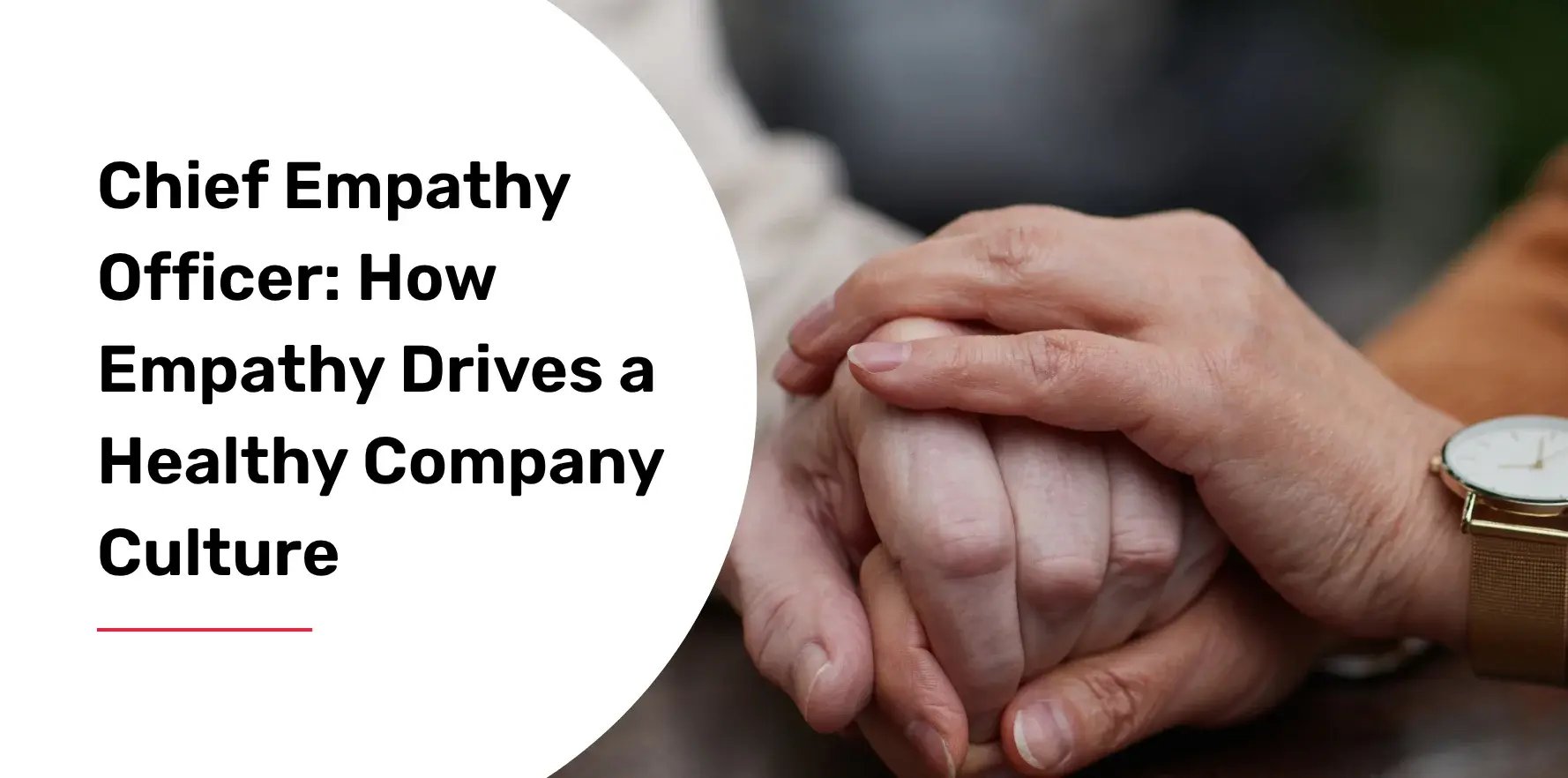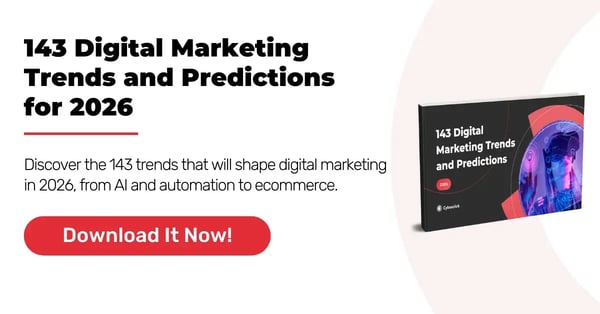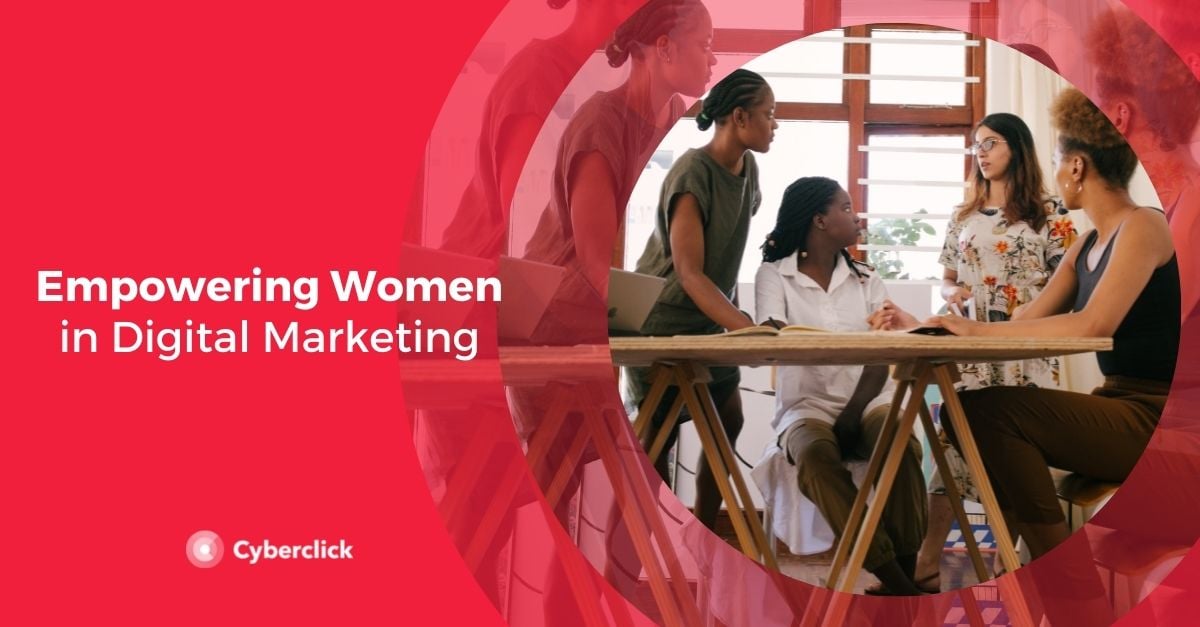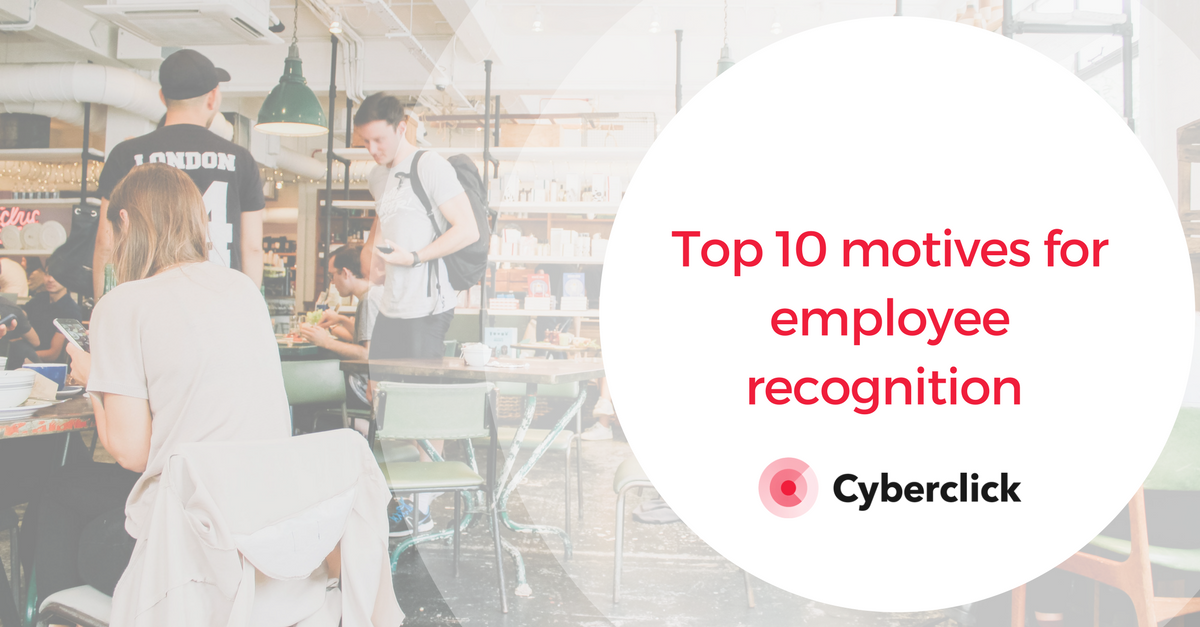In today’s workplace, where talent, human connection, and authenticity matter more than ever, empathy has become a must-have skill for modern leaders. It’s not just about making teams feel happy. It’s about making them feel understood, heard, and valued. That’s where the CEO comes in, which, in this case, refers to the Chief Empathy Officer.
Companies like Cyberclick have demonstrated that when empathy is part of the culture, it drives growth, trust, and stronger teams.

What Does the Chief Empathy Officer Do?
The Chief Empathy Officer makes sure that empathy is part of everything a company does. This role goes beyond emotional wellness. It’s about understanding people from both a human and strategic perspective.
Some key responsibilities include:
- Active listening: making sure that employees have a real safe space to share ideas, concerns, and feelings.
- Measuring emotional health: tracking not just productivity but also trust, connection, and well-being. Companies often use quick surveys or mood check-ins.
- Training empathetic leaders: empathy can be learned. The CEO sets up programs that help managers communicate better and lead with understanding.
- Promoting diversity and inclusion: understanding different viewpoints is a powerful way to practice empathy.
- Encouraging honest communication: meetings, reviews, and day-to-day conversations become more human and two-way.
- Aligning empathy with brand values: empathy shapes how the company interacts with customers, partners, and the community.
The Chief Empathy Officer is the bridge between people and company culture, making emotions a driver for success rather than a hurdle.
Why Empathy Matters More Than Ever
Top companies aren’t just admired for their products anymore. They are admired for how they treat people. Empathy has moved from a “soft skill” to a core strategy for talent management and brand reputation.
Here’s why:
- Better communication: leaders who understand emotions within teams reduce conflicts and increase collaboration.
- Higher retention and engagement: people leave workplaces where they don’t feel heard.
- Boosts innovation: understanding real human needs leads to products and services people actually want.
- Stronger brand culture: empathetic companies project authenticity and trust, both internally and externally.
In other words, empathy shapes project management, internal communication, and personal growth support.
Chief Happiness Officer vs. Chief Empathy Officer
Both roles aim to improve the workplace experience, but there is a subtle yet powerful difference.
|
Role |
Chief Happiness Officer |
Chief Empathy Officer |
|
Focus |
Employee happiness and well-being |
Understanding emotions and human relationships |
|
Goal |
Make employees happy |
Make employees feel understood |
|
Tools |
Recognition programs, perks, work-life balance |
Active listening, conscious communication, empathetic leadership |
|
Outcome |
Satisfaction and motivation |
Emotional connection and team cohesion |
|
Brand Impact |
Positive, optimistic culture |
Authentic, human-centered culture |
The CHO opens the door to well-being, but the CEO takes it one step further by addressing the emotional foundation of that well-being. Companies that combine both achieve engaged employees, tight-knit teams, and purpose-driven brands.
How to Bring More Empathy Into Your Team
Small, deliberate actions can go a long way. Here are a few tips to help you start bringing empathy into your team:
- Listen before responding: hold meetings that go beyond goals to check in on how people feel.
- Check internal communication: make sure it is two-way and allow everyone to speak freely.
- Encourage constructive feedback: focus on guidance, not just evaluation.
- Mind the little things: a thank-you note or sincere recognition can make a big difference.
- Train empathetic leaders: managers who lead with listening and understanding create more creative and resilient teams.
Companies like Patagonia and Adobe show that when people come first, results follow. Empathy improves workplace culture and how teams create, communicate, and connect with customers.
The Future of Empathy in Leadership Roles
Empathy is becoming one of the most in-demand leadership skills. Research shows organizations with high empathy see better talent retention, more innovation, and stronger reputations.
Empathy also affects branding. Empathetic companies tell more authentic stories, run campaigns that feel human, and design customer experiences that truly connect.
The Chief Empathy Officer represents the future of leadership. Leaders who listen first, put people at the center, and understand that business success starts with human connection. Happy companies aren’t born by chance. They are built on values, consistency, and purpose.
In an industry that is increasingly digital and reliant on AI tools, empathy is the most human thing a company can offer. Happiness begins with understanding.
CEO y cofundador de Cyberclick. Cuenta con más de 25 años de experiencia en el mundo online. Es ingeniero y cursó un programa de Entrepreneurship en MIT, Massachusetts Institute of Technology. En 2012 fue nombrado uno de los 20 emprendedores más influyentes en España, menores de 40 años, según la Global Entrepreneurship Week 2012 e IESE. Autor de "La empresa más feliz del mundo" y "Diario de un Millennial".
CEO and co-founder of Cyberclick. David Tomas has more than 25 years of experience in the online world. He is an engineer and completed an Entrepreneurship program at MIT, Massachusetts Institute of Technology. In 2012 he was named one of the 20 most influential entrepreneurs in Spain, under the age of 40, according to Global Entrepreneurship Week 2012 and IESE. Author of "The Happiest Company in the World" and "Diary of a Millennial".




.jpg)
Leave your comment and join the conversation